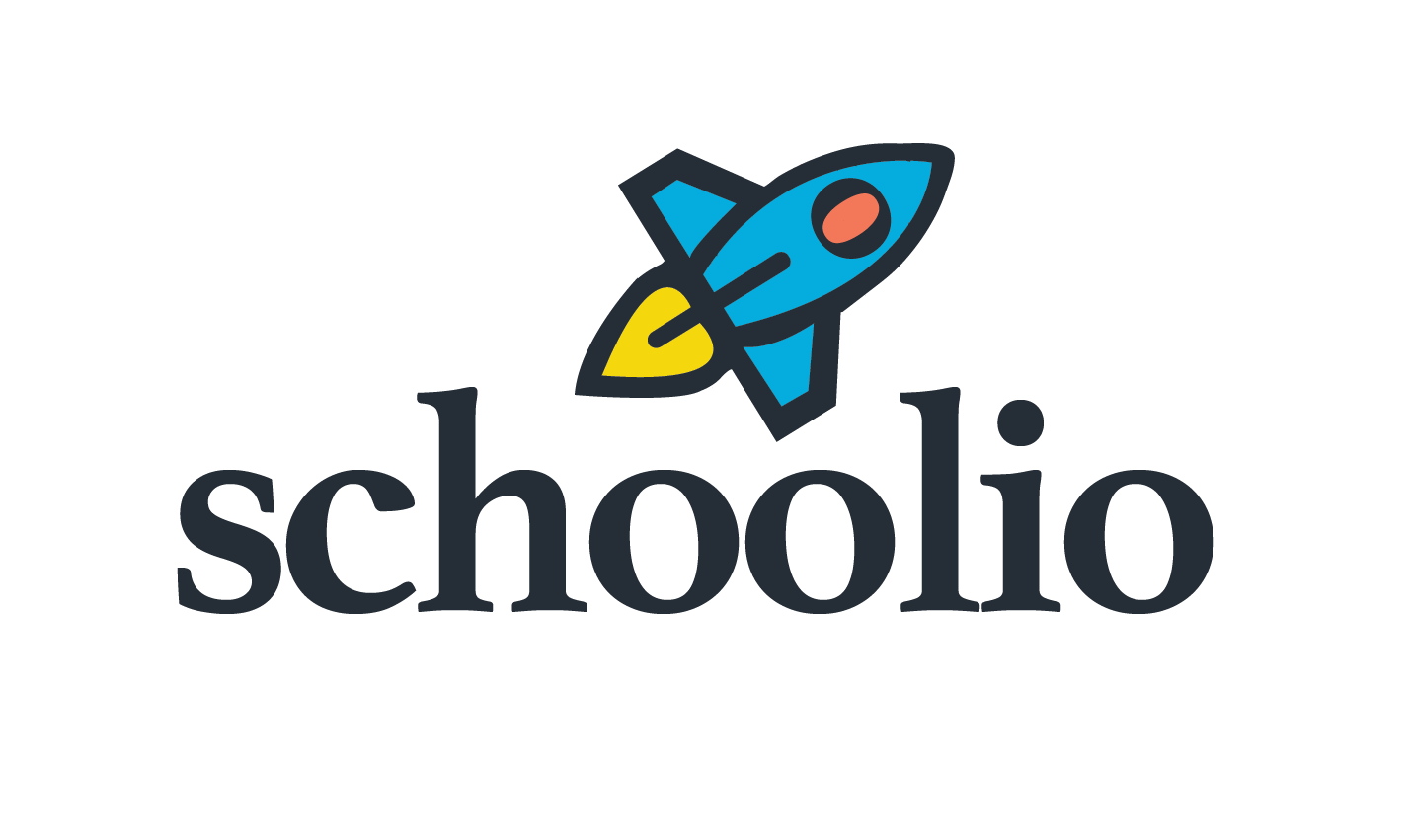Let’s Talk About: Co-Ops
Hey Lindsey, what is a Co-Op? And how can I run one in my own town or city?
“Great question! You may have heard homeschoolers mention co-op and not really understood what it was. Last year our homeschool group had a seminar/guest speaker on creating your own home co-op, so allow me share the wisdom with you!
What is Co-Op: Co-Op generally is any sort of “co-operative” grouping. The number of participants, rules, and themes can of course vary widely. It all depends on what YOU want out of it!
We participate in 3 co-ops, and all three are quite different. The local group we’re members of runs a large co-op. We meet once a month, and the co-op coordinator picks subjects for each month, like Science, Art, Phys Ed., Nature, World Cultures, etc. When we register our child(ren) for co-op, we also sign up for at least two helping spots (this is the co-operative part!). The classes are split by ages, usually 4-5 year olds, 6-7. 8-10, and 11+, but it varies each year based on the ages of who registers. There’s usually 12-15 kids per class, There’s also Nursery for siblings under 4. Each class has a teacher, assistant, and a clean-up person. So if teaching isn’t your jam, you can sign up for Nursery or clean up slots instead. If you do like to teach, you sign up for whatever age group and subject you want, and you plan, prep, and teach that class.
So your kid goes to co-op 10 times, and twice you teach, assist, or clean up. It’s a pretty sweet deal.
This is an awesome social time for the kids- first they have class, do a little learning, practice group manners and listening to an adult that isn’t their parent, and things like raising hands, standing in line, etc. that are normal “school” things but not normal “homeschool” things (in fact watching homeschoolers try to make a line can be extremely amusing ). After class, everyone eats lunch together and the kids have free time, which almost always leads to a giant game of tag or capture the flag or some sort of running, maniacal, being loud game. Parents get to socialize too, we all chit-chat while the kids run amok. This co-op is huge (40+ families), organized, and has registration fees that cover building rental, insurance, and reimburses teachers for any supplies.
The second co-op we have is a PE Co-Op (physical education) which I organize from Fall to Spring, to keep the kids active. Usually, I send an email for registrants, and make an email mailing list of everyone interested. Everyone sends me ideas for fun things to do around the city in the colder months (the co-operative part in this group is the idea generating). I slot all the ideas into different weeks. This co-op meets every second week. So the schedule gets emailed out, and it looks like: Week 1: Swimming at city pool, Week 2: Biking at BMX track, Week 3: Snowshoeing at provincial park, Week 4: Ice Skating at arena, etc. For this co-op, you show up, or don’t, if you want to, and you pay your own family’s admission fees. Everything is an open-to-the-public activity. It’s very low maintenance, once it’s planned and scheduled, it’s done.
The third co-op we’ve been in was a specifically themed co-op. Lots of ppl do this style of Home Co-Op. You find a few families that have kids similar ages to yours, or that are already friends, you pick a topic you all want to cover, or want help covering, and you split up the work. Some people do a subject like Geography, or Canadian Government. We did one last year that was a book club.
No one knows what the future will look like, Covid wise, for these sorts of get togethers, but it’s a little info for you to start mulling over in your brains, and maybe even figuring out how to run your own virtual version.”
Thank you so much Lindsey for all this amazing information on what a Co-Op can look like. Do you have more questions? Feel free to leave a comment and we will get back to you.




